Whether a parent of an extraordinary child wants to admit it or not, our children need us in more ways than most. And one of those daunting ways is as advocates on their behalf. Many of our children are nonverbal, which leaves the burden on representing their interests firmly in our hands. And of all the daunting tasks we face as parents of extraordinary children, this may in fact be the most daunting. If your child needs a special aide in the classroom, a new school that meets needs better, home care or therapy, it’s up to us to get it. And that means we have to roll up our sleeves and really go after it.
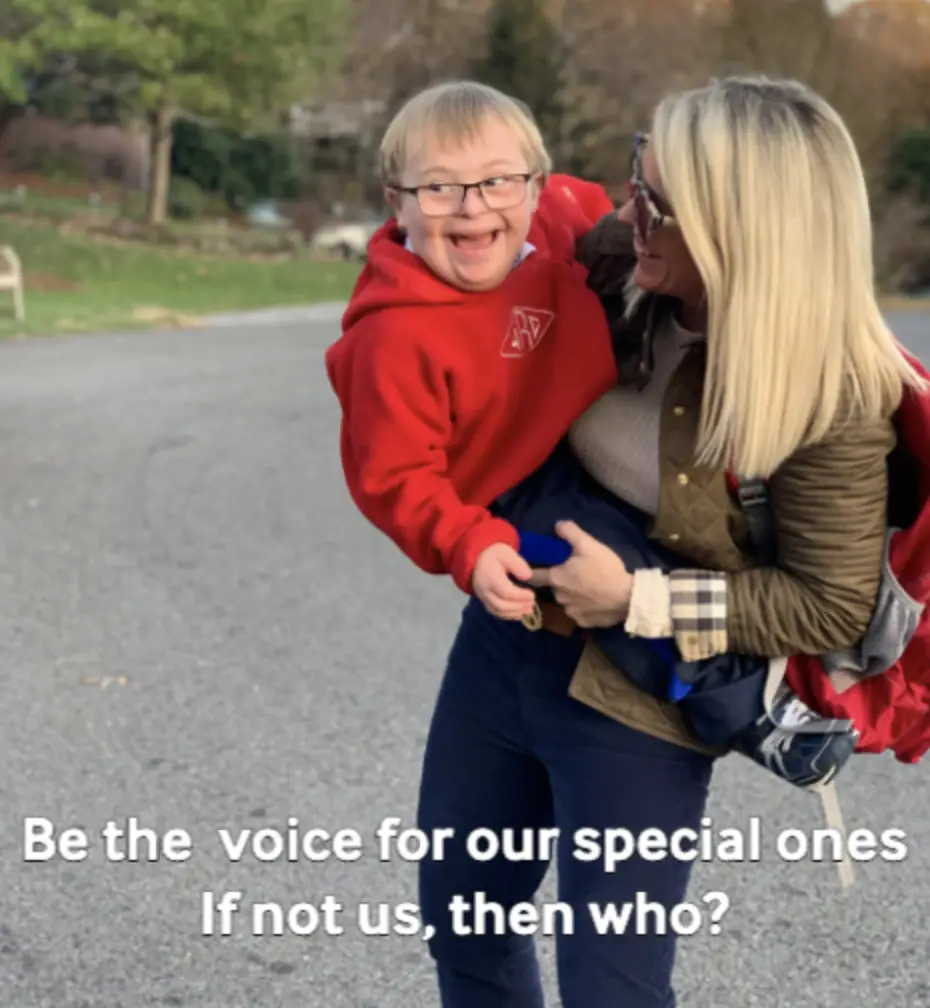
The irony I’ve found is that it’s been hard for me to admit we need extra help, or that current needs aren’t being met. I hate feeling like we have to ask for more than the rest. But then once I finally came around and recognized that our school situation was a disaster, I thought others would recognize as much too. No. Oooh, no. Not even close. Unfortunately you’re going to face some serious headwinds as you fight for your child. At least that’s what we had to do. May you have a better experience, but I’m preparing you for reality.
In this specific example, we followed school protocol, tracked data at home and at school, went through the IEP for several rounds, worked with teachers and aids, and found ourselves no better off – and we’d lost a year in a bad school situation. We went back and forth between pleading and explaining to the administration (and anyone who would listen) that it wasn’t working, and just throwing our hands up because we felt so trapped.
By no small miracle, we were finally directed to an educational consultant, (Sheila Iseman for any in our neighborhood). And fortunately, she’s not the only one. It wasn’t free, but it was worth it. She knew the lingo, and taught us what to say, and more importantly, what NOT to say as we made our case. For example, never say “ideal” or “want” because the laws don’t require that – it’s all about “unmet needs” and “inappropriate” situations. Little changes like this went from us being ignored at the outset, to yet another step further in the process.
It still took several months of meetings and I kid you not that some of those meetings became rough – raised voices, tears, politics, going back on decisions (several times), and many awkward moments. But having Sheila with us kept us from getting diverted from a very capable system that knew how to keep our son in an inappropriate situation (see, we learned :). But thankfully, we finally got him placed into a new school in a MUCH better situation.
Did I ever think it would take years, thousands of dollars, an emotional toll, and a major loss of faith in an educational system that’s supposed to have our children’s best interest in mind? Not in a million years. But that’s what it did. Do what it takes. Again, may your experience be much smoother than ours.
But regardless, remember this – No one knows your child better than you. No one else will fight for your child’s needs. Your child is depending on you. Figure out what’s needed, then fight for it & if necessary, find a way to get the support you need. It’s been life changing for us. Both the process to get placement, and the improvements we’ve seen since.
You can do it!
We are so excited to be able to now share the experiences of a fellow parent of an extraordinary little boy named William. They are good friends of ours and great examples of advocates for their son, and helped us remember what & why we were fighting for John, and keep the faith throughout the process. Below is her story, may you find it as inspiring as we did.
—-
As a mother of a child with special needs, my life has been enriched. Never in the way I thought or anticipated. Heaven knows that before my sweet William was born into our family I had different ideas of what I envisioned for my whole-hearted life. As hard as this road has been, I can’t imagine how lost I would be without this choice opportunity to raise such a special child. Oprah Winfrey once said, “There is no greater gift you can give or receive than to honor your calling. It’s why you were born. And how you become most truly alive.” My William has illuminated the path of my calling. I never in a million years would have chosen this life for myself, and for that reason I’m grateful it chose me. Among the different callings I have discovered, one of my most rewarding roles has been that of an advocate.
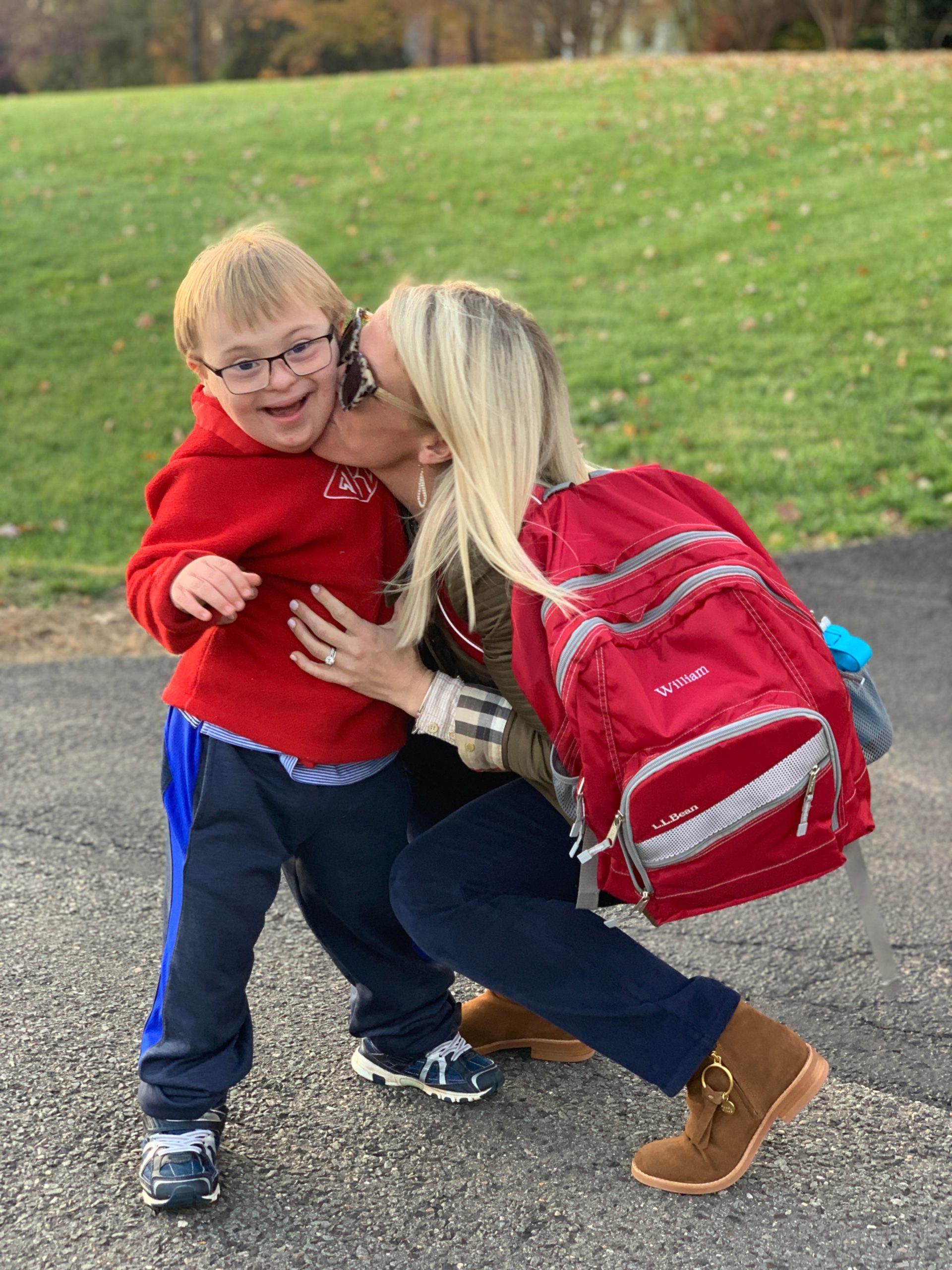
Little William was born full-term and quickly whisked away by doctors who immediately tended to his pre-known heart condition which would require open-heart surgery a few months later. This heart defect is common in babies with Down syndrome, and he was diagnosed with this genetic disorder while in my womb at 20-weeks gestation. This boy would endure the next year of hospital visits, and continue with over 10 speciality doctors for the unforeseeable future. At 3-years-old William was diagnosed with autism, and his public school education had to change tracks since his learning was better provided in an autism-based ABA classroom. Although the Down syndrome and autism don’t help, his inability to speak is more in due to his third diagnosis of apraxia. The life of an advocate has been at the forefront of my mind as I’ve battled with doctors, teachers, therapists, and administrators. Has it been grueling? Yes. Has it been exhausting? Yes. Have I made mistakes, felt exasperated and without hope? Absolutely. But with all the sleepless nights, not to mention the extra fine lines and wrinkles, I can confidently concur with Oprah that living my calling has helped me become truly alive.
What is it about the hat of advocacy that is so rewarding? For me it has been the bond and magnetic pull that my heart has formed with William. The last 7 years of his life have been interspersed with denied requests, as well as life-altering victories. But the irony has been that the joy of advocacy has had little to do with the outcome, and more to do with the rewarding relationship I continue to cultivate with William. Indeed I’ve found a direct correlation between my advocacy endeavors and the strength of my heart strings that are fettered to his. It’s hard to put in words, and also impossible to articulate, but those who have experienced similar journeys know and understand its beauty and power. I feel this is the foundation of advocacy, it’s beginning point and crucial start, as hearts and minds are weaved together in love. Indeed, it makes me feel truly alive.
I’ve often heard that those with disabilities have some type of super-human power. Those that are blind are known to have a keen sense of hearing. Those that are deaf have eagle-sharp eyes. It’s like our bodies recognize our deficiencies and somehow have a way to overcompensate our anatomical imperfections. So what is William’s super gift? To discern and dispense love. He knows quicker than the rest of us when a therapist comes over to just check the boxes. It’s actually quite comical. He doesn’t give them the time of day. He freaks out over the nurse who carelessly takes his blood pressure or doctor who doesn’t look him in the eye. But those specialists and friends who love their job and are smitten with sweet William find magic and synergy as they work together. In truth, I do not know who benefits more. And I believe that these people too have found their calling and what makes them feel alive.
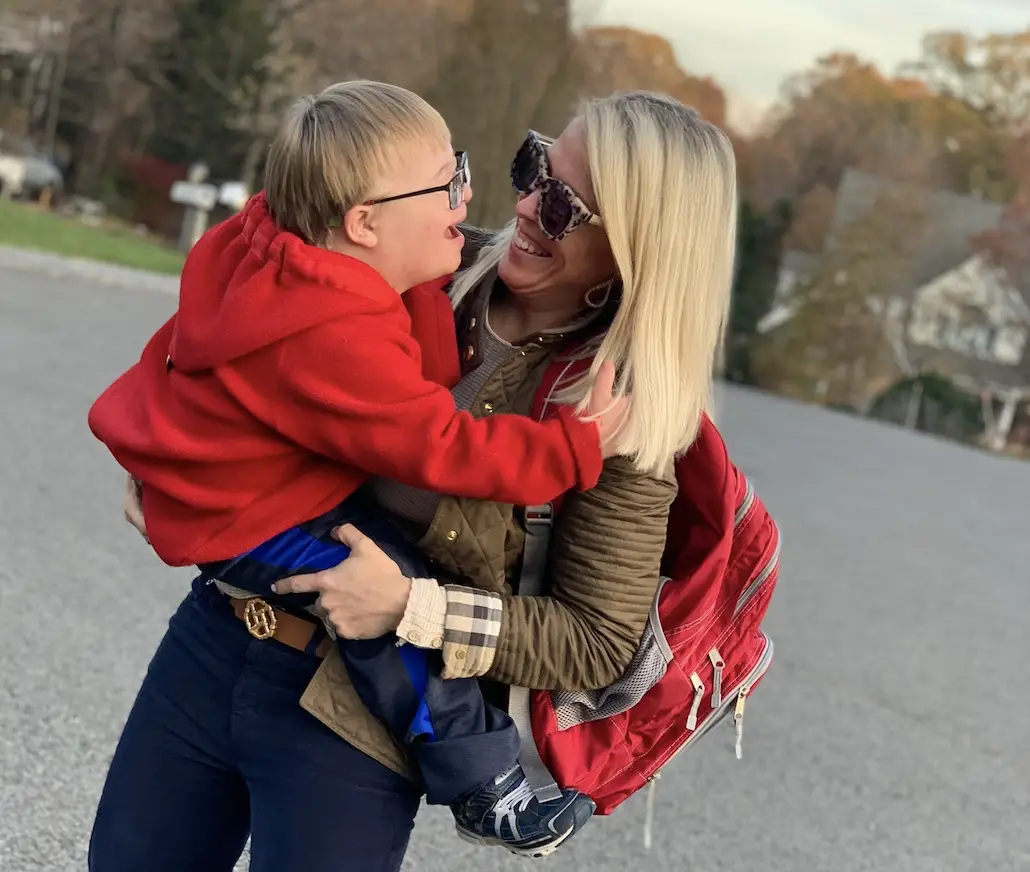
I’ve learned that my success with advocacy has a direct correlation with how meticulous I’m able to discern William’s thoughts and feelings. I spend countless hours observing, watching, and searching for common threads as he responds in different settings. Maybe it’s because I study the different levels of his psyche, learning his motivations as well as his intentional or non-intentional responses. For example, on a daily basis William screams. It drives my husband and I crazy. It can be constant, and it can also be inconsistent. With each scream, I try to discern the source and/or motivation of his screams. Is it physical pain, emotional frustration, a form of negative communication, or a manipulative desire for attention? I’ve spent hours away from my family advocating to doctors for medical solutions, only to find later the crux of his screams were behaviorally attributed. Heaven help me. The opposite has also occurred. I’ve minimized and disciplined William’s screams out of belief they were behaviorally rooted, only to discover later that he was in physical pain, and actually needed medical attention. The sting of mommy guilt indefinitely ensues, and yet somehow I muster the strength and determination to wake up the next day and continue working. Thus I’ve learned that the best advocates have sealed their whole selves to the individual that needs saving. And it is here I finally feel authorized to speak in William’s behalf and thus receive the power to more fully advocate in his best interest.
Are you still reading? Have I lost you yet? I know this is deep, but it’s something that clearly I’ve thought long and hard about because I live it every day. Getting the empathy part right in my book is half the battle. Because for me, once I’m there, once I’ve tried my hardest to put myself in William’s shoes, I’ve found the natural byproduct has been an impression and/or vision in how to help him. It’s here I’m able to concoct out-of-the-box solutions, and/or draw simple conclusions. These thoughts are almost always backed with an energy and passion, an after burner which propels me forward. I’m grateful for this strength because after all, I also have three other young children at home. 🙂 Sometimes this process is quick and easy, and other times it takes years of trial and error. But regardless, this process has always been worth the wrestle. I echo at the words of Hellen Keller,
“The best and most beautiful things in the world cannot be seen or even touched, but felt in the heart.”
Amen Hellen Keller! Amen.


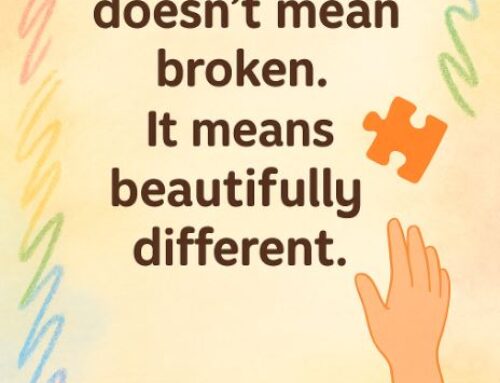
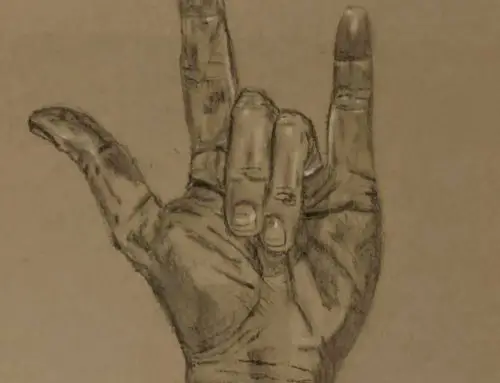



I completely agree with you! We are living parallel lives in regards to getting services for my son at school!
Best of luck in your efforts, and don’t take “no” for an answer. There are few tools better than persistence! Hang in there.
Thank you for sharing this beautiful story of love!
The hard part seems to be how to figure out when it is too much. Like am i sacrificing the others in my family , spending too much money, time, emotional investment. Thank you for your beautiful and amazing piece. Curious if you have any thoughts about those questions?
This is a tough one for sure, and we’ve had friends and even family advocate for putting our child in a home because our other kids are missing out too much on our time and affection. It’s something we try to watch closely, and look for the little moments when we can add a little extra love or encouragement to our normally developing kids. But to be clear, I strongly believe that growing up with a child who has autism has made my children more empathetic to others, more able to see the needs of others, and to learn of the joy that comes from selfless service. As hard and as tiring as life can be, John is a net positive on our family and we just have to look for the blessings be brings, and not only dwell on those that may be withheld at this point in time. We take it one day at a time. I know there are cases where you or your kids (or even your spouse) are suffering from emotional, physical, and mental health problems such that you need to find alternative living arrangements. We’ve considered it, but fortunately aren’t there yet. It’s ultimately your decision, and you know what’s best for your family. Advice from others can be helpful for sure, yet each of our situations and capabilities differ widely. You’re asking the right questions, and that’s a great step in figuring out the best balance for you.